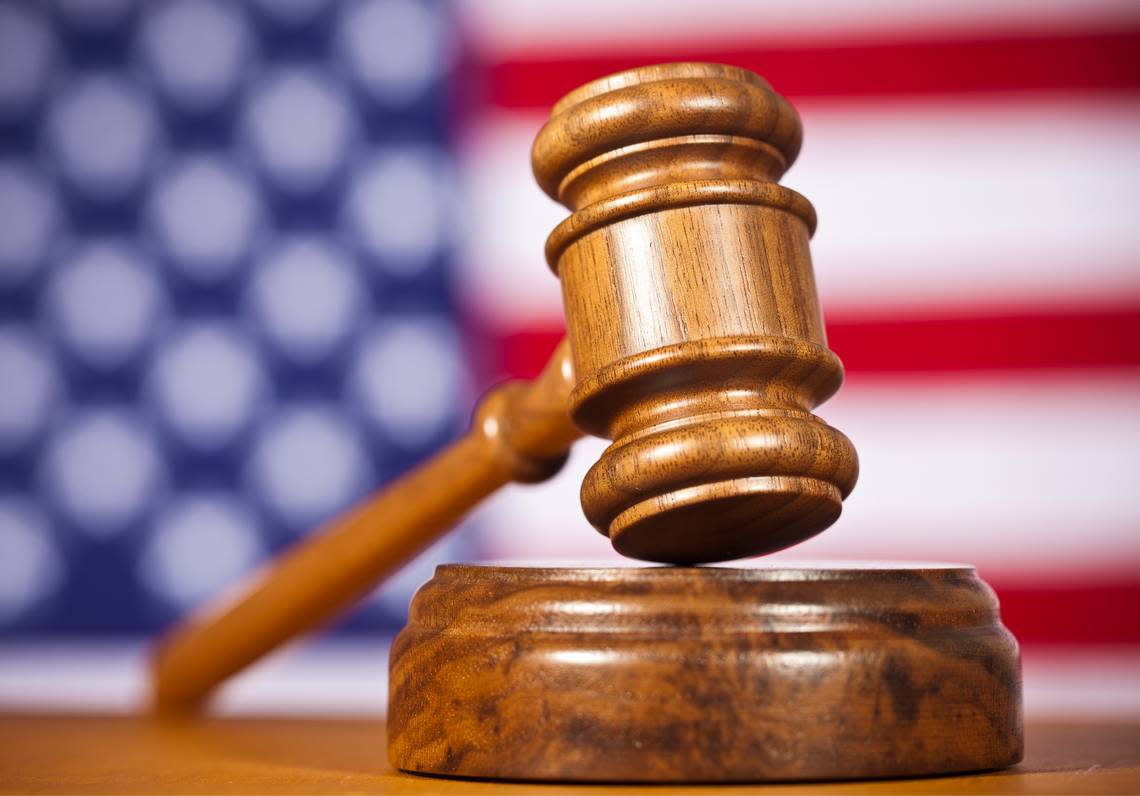SC judicial elections gridlocked. Calls for judicial reform stifle election process

- Oops!Something went wrong.Please try again later.
- Oops!Something went wrong.Please try again later.
In a move reflecting growing discontent with the way South Carolina elects its judges, the state Senate is blocking all judicial elections — including that of the next state Supreme Court Justice — short of the General Assembly passing a bill on judicial reform.
Judicial elections are a key function of the South Carolina General Assembly and the House expected to fulfill that function Wednesday. The Senate does not share that expectation, and has instead demanded that the Legislature first effectively address judicial reform before any judicial elections take place.
“A substantial number of Senators believe we need to deal with judicial reform in a expedited fashion,” said state Sen. Dick Harpootlian, D-Richland, a lawyer-legislator and proponent of judicial reform. “That’s not going to happen without some consequence and, the consequence is, we’re not going to have an election on judges until we have judicial reform legislation passed.”
The move should, for some, come as no surprise. State Sen. Wes Climer, R-York, told The State last October that he vowed to filibuster judicial elections during the 2024 legislative session until the makeup of the state Judicial Merit Selection Commission changes, namely the removal of state Rep. Todd Rutherford, D-Richland.
“As long as there’s a system that allows drug traffickers’ attorneys to pick our judges, we will not have judicial elections,” Climer said last October, referring to Rutherford, a member of the Judicial Merit Selection Commission responsible for determining whether judges are qualified to serve.
Rutherford, a Democrat and minority leader in the House, said the Senate’s blockade will, at least, ensure that South Carolina Supreme Court Justice Don Beatty remains on the bench, amid a decline in diversity on the state court’s bench.
“I applaud their actions,” Rutherford said, referring to Climer and Harpootlian. “I think what they’re doing is a good thing. That’s the only way that we’re ever going to get a Black chief justice to remain in a (judicial) seat.
“I do recognize that there are other down ballot circuit judges who will, in effect, lose their seats ... because they are not in holdover status, but the chief justice will remain in holdover status.”
If no elections are held this session, Beatty, slated to retire this summer, would remain in office over his expected successor, Justice John Kittredge.
Tuesday, Climer confirmed that judicial elections are on hold.
“We won’t hold judicial elections until we pass something on judicial reform,” Climer said, adding that he 20 other Senators introduced a Senate resolution that would permit Kittredge’s election despite all others. That resolution, however, was not taken up by the Senate before Wednesday.
In South Carolina, candidates for judicial office must first apply to the JMSC. Following a review of a candidate’s background, the commission forward a report to the General Assembly, detailing whether the candidate is fit to serve. The full Legislature picks a candidate among those deemed qualified. In the case of magistrates and masters-in-equity, Legislators decide which candidate they’ll recommend to Gov. Henry McMaster for appointment.
Ongoing concerns have been raised about the transparency and perception of trustworthiness of the judiciary. One particular concern is about what level of influence lawyer-legislators hold over screening judges.
Harpootlian has proposed a bill that, among other things, would disqualify a legislator’s close relative from seeking a judgeship, said the “problem” with judicial selection in South Carolina is the public’s perception of a small number of people improperly wielding significant influence over the way judges are selected.
“The problem is, the public is losing faith in our judicial system because of the shenanigans by a very small number of lawyer-legislators in the process of picking judges, and then using their their leverage or influence to get deals if you will, from judges they should not get,” Harpootlian said.

